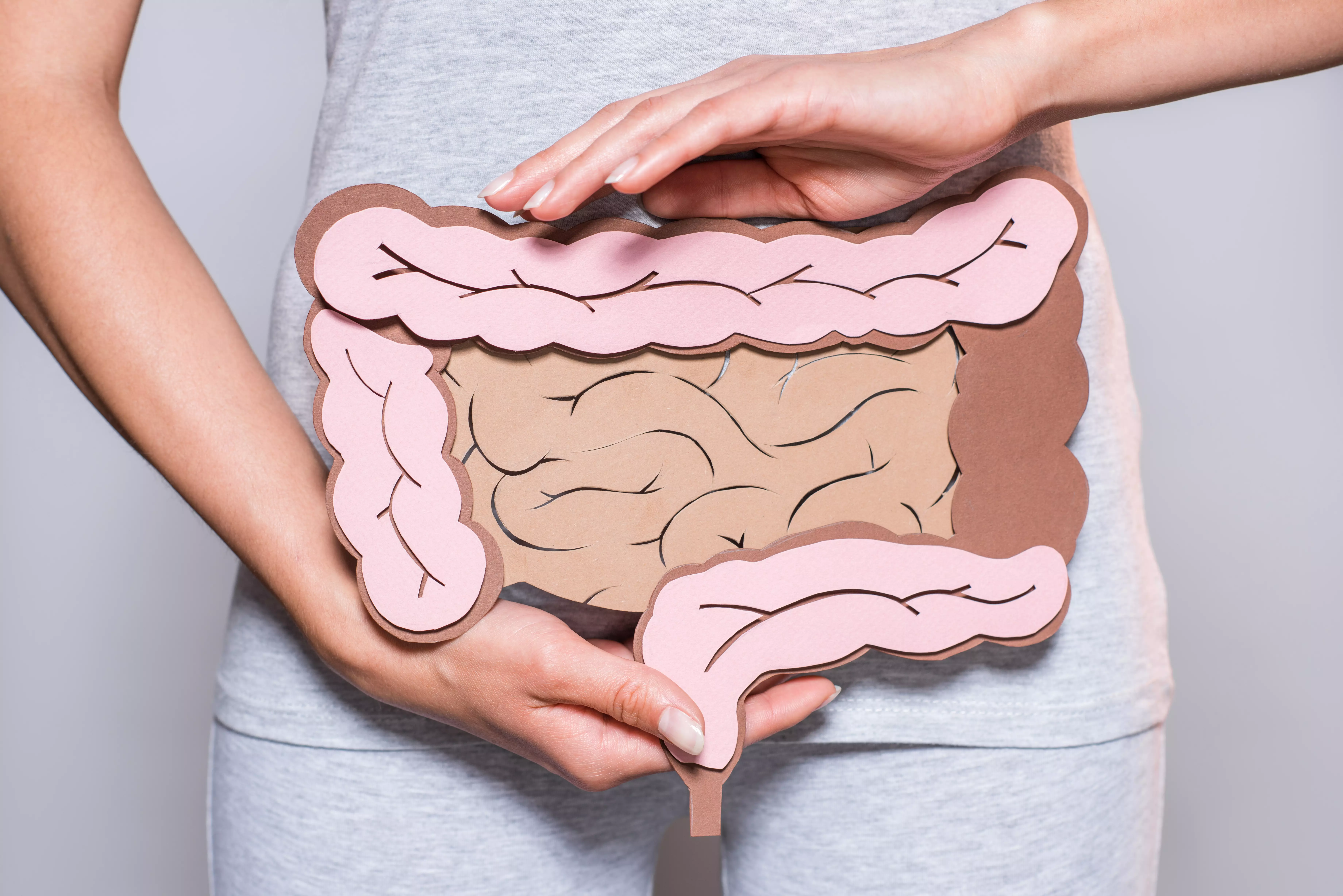Diet and healthy bowels
Healthy gut key to well-being
Taking care of gut health is becoming increasingly popular among people who pay attention to their health and well-being. It turns out that the gut plays a key role in our body and has a huge impact on our physical and mental health. Diet plays an important role in this regard and can have a positive impact on gut health.
What are the gut and why is it so important?
The intestines, also known as the large intestines, are part of the digestive system. They are divided into the duodenum, small intestine, large intestine and rectum. Their main task is to digest food and absorb nutrients.
It is worth noting that the intestines are also responsible for our mental health. It is in the intestines that many neurotransmitters, such as serotonin, are produced, which affects our mood and well-being.
What are the characteristics of a healthy gut?
A healthy gut is one that is fully functional and has the right proportions of intestinal microflora. The intestinal microflora, also known as the bacterial flora, consists of a huge number of microorganisms, such as bacteria and yeast.
A balance in the composition of the intestinal microflora is crucial to intestinal health. Proper bacterial flora helps digest food, controls the healing of the intestinal mucosa and protects against infections and intestinal diseases.
How does diet affect intestinal health?
Diet plays a huge role in maintaining intestinal health. The foods we eat have a direct impact on the composition of the intestinal microflora. Certain dietary components, such as fiber, whole grains, fruits and vegetables, help maintain the proper balance of intestinal microflora.
Fiber is particularly important for intestinal health. It aids intestinal peristalsis, or the movements that push food through our digestive system. In addition, fiber acts as a prebiotic, a substance that promotes the growth of beneficial bacteria in the intestines.
Pro-healthy bacteria, known as probiotics, are also an important part of the diet for a healthy gut. These can be consumed in the form of yogurts, kefirs, quenelles or dietary supplements. Probiotics help restore and maintain the proper balance of intestinal microflora.
Other factors affecting intestinal health
In addition to diet, there are many other factors that affect gut health. One of them is stress, which can increase the risk of intestinal diseases. So it's important to maintain a healthy lifestyle, get enough sleep and exercise regularly.
Avoiding stimulants, such as alcohol and cigarettes, also contributes to intestinal health. In addition, avoiding excessive consumption of antibiotics is important, as they can disrupt the balance of intestinal microflora.
Summary
A healthy gut is the key to well-being. Diet plays an important role in maintaining intestinal health by influencing the composition of the intestinal microflora. Consuming fiber, whole grains, fruits, vegetables, and probiotics helps maintain the balance of the gut microflora. It is also important to maintain a healthy lifestyle and avoid factors that can negatively affect the gut.
If you take care of your gut, you take care of your health and well-being.
Take care ofyour intestines today!
